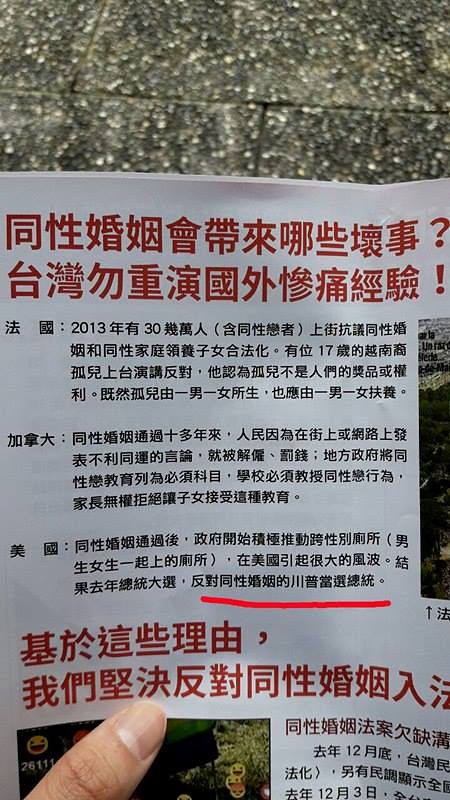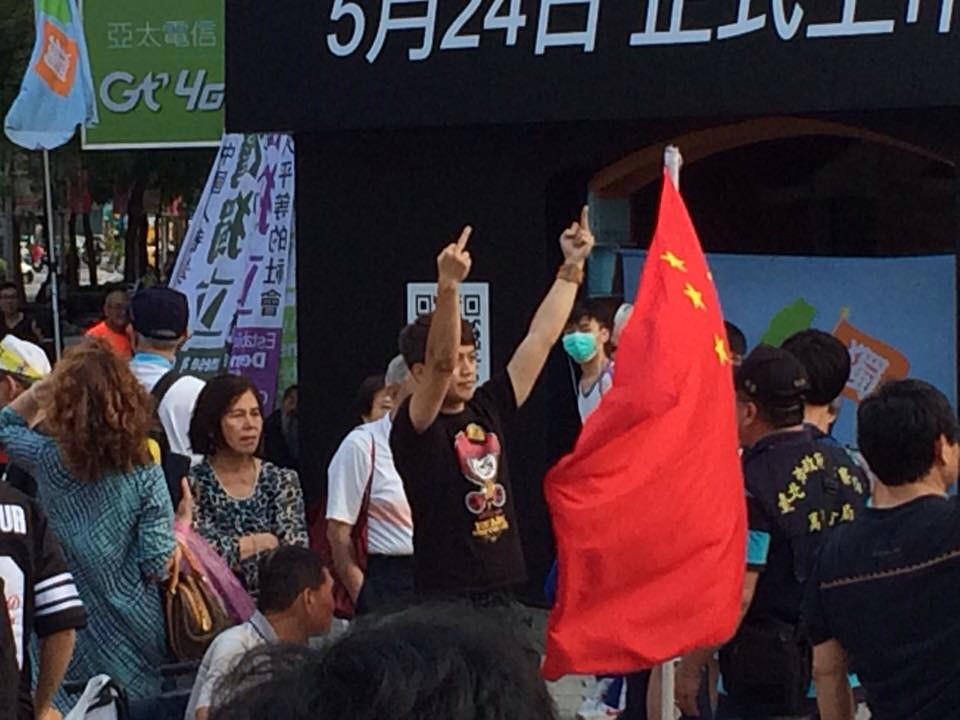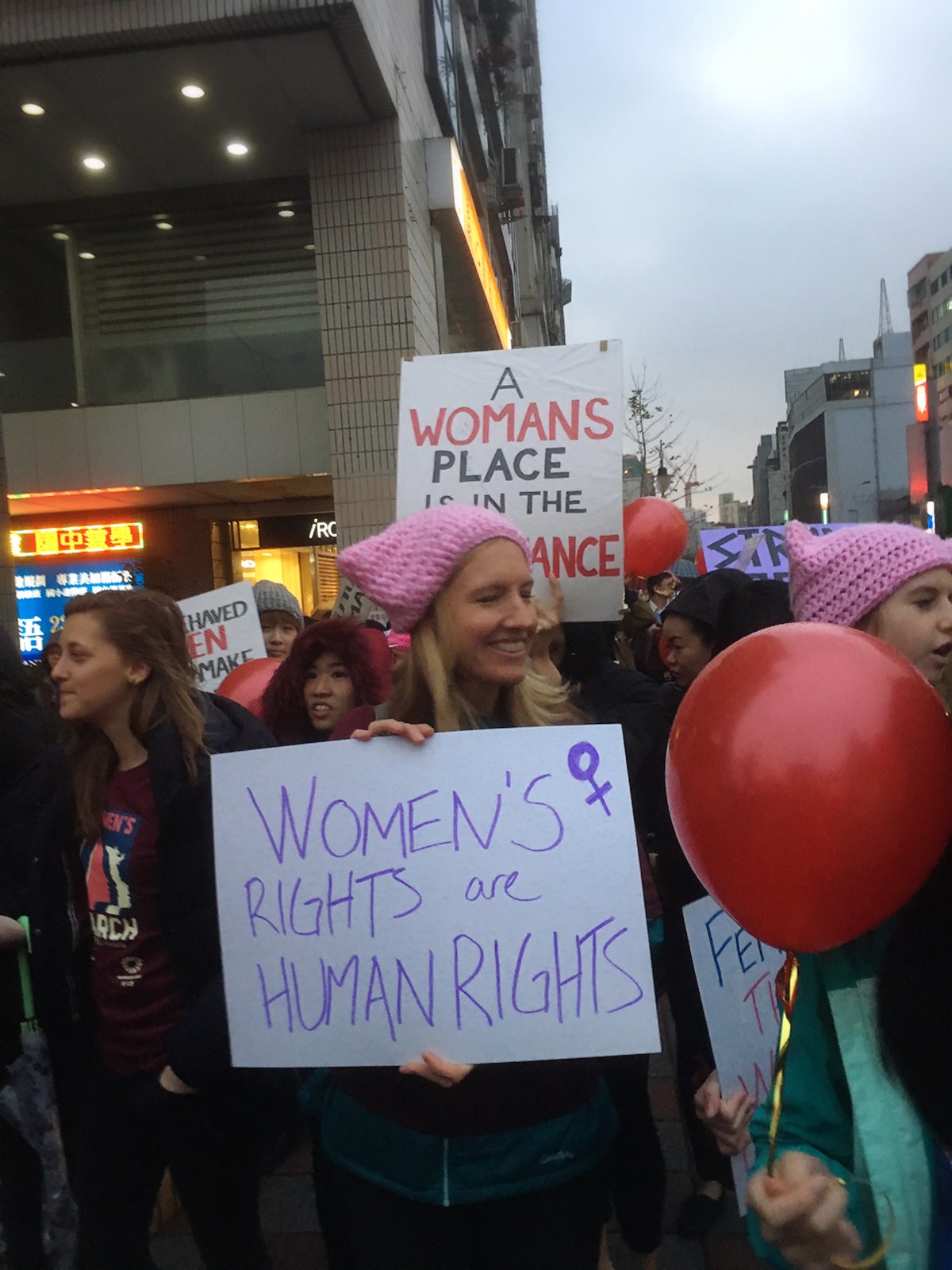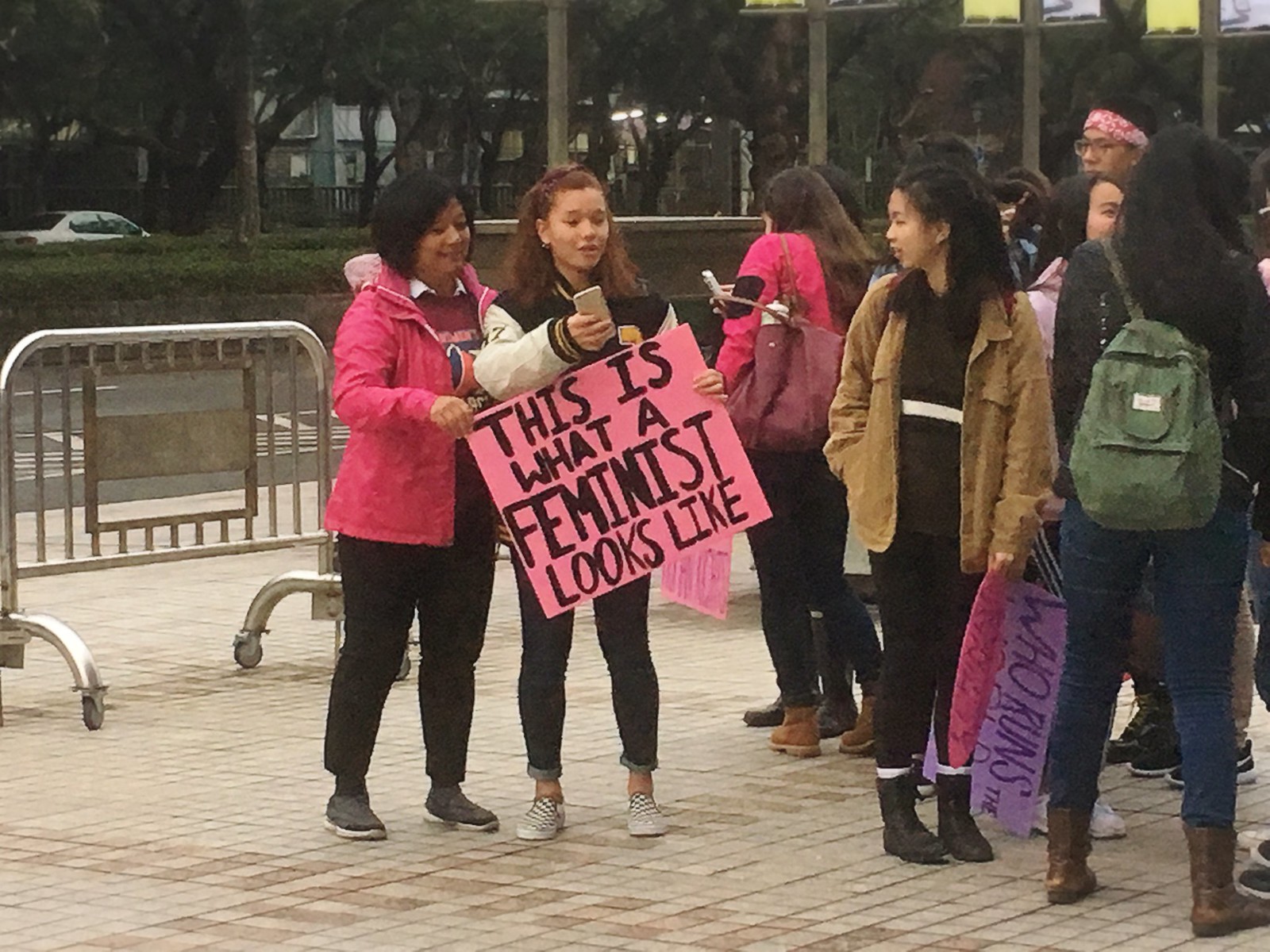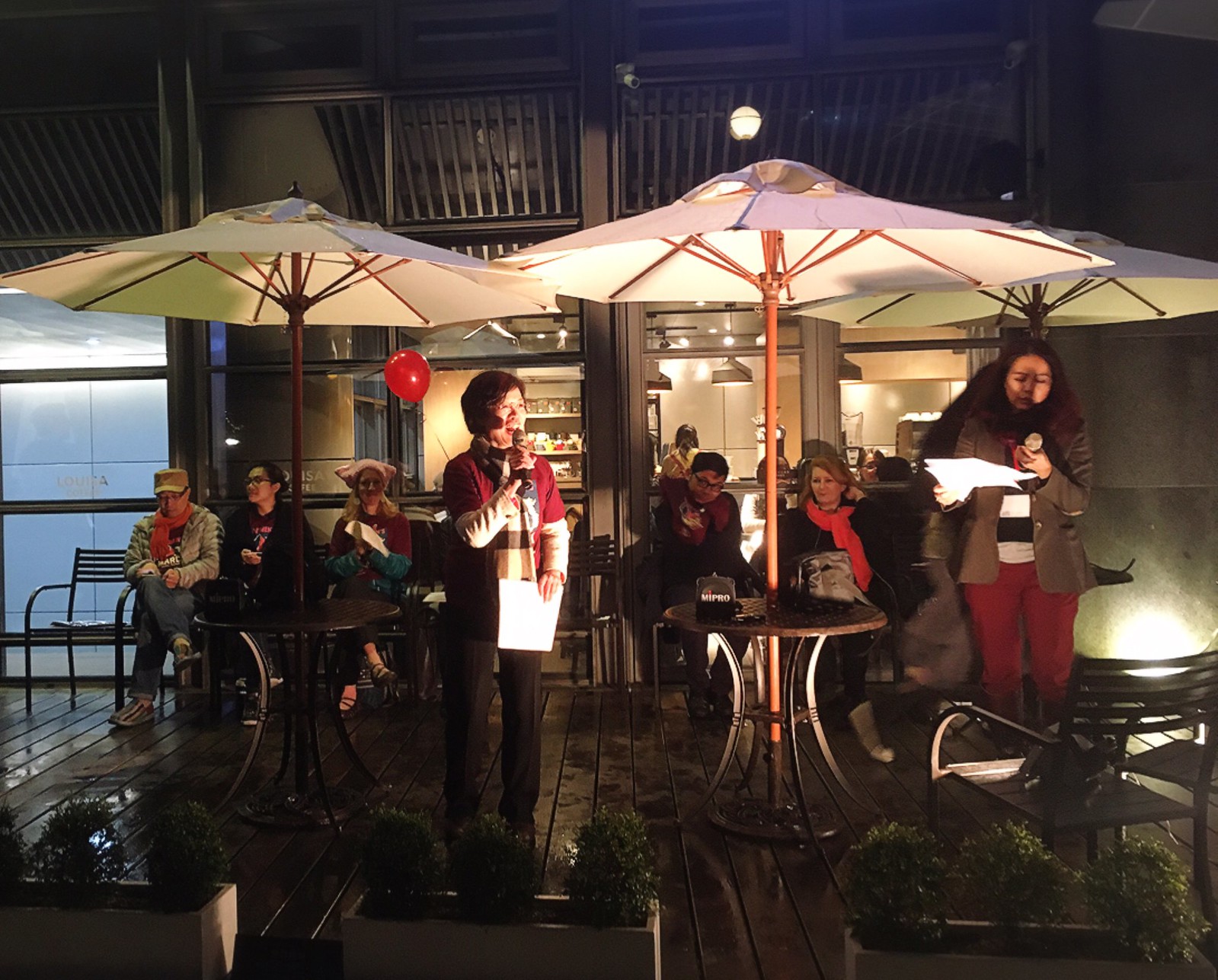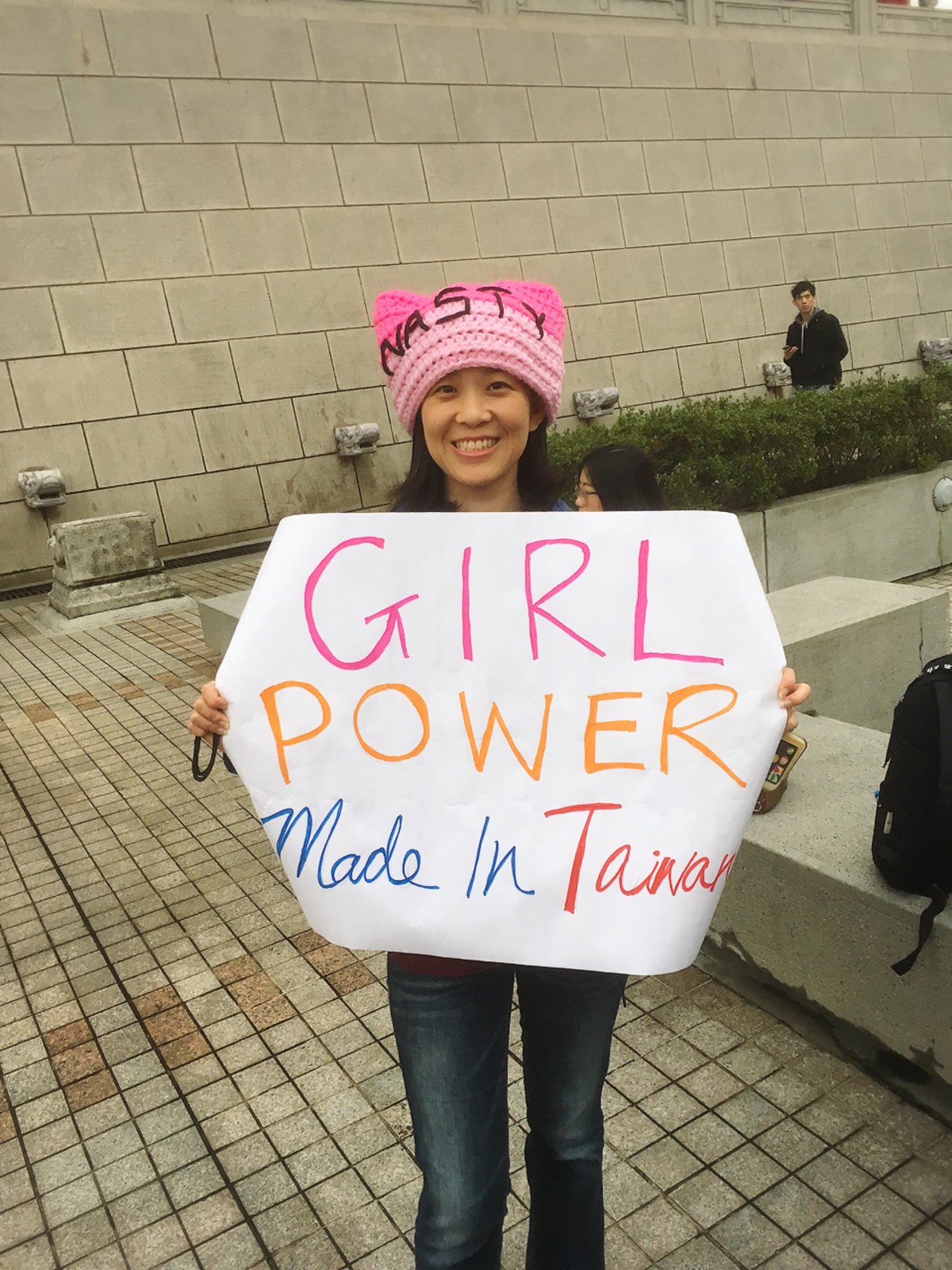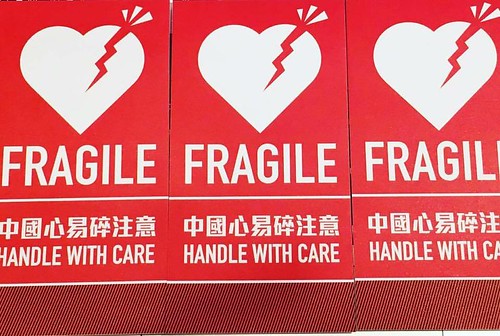 |
A humorless bloodsucking feminist
By the way, to get this photo I had to google "ugly succubus", because just googling "succubus" turned up a ream of sexy, big-titted succubi. You can't even be a hellish she-demon without the world expecting you to be sexy. |
Haha, trolled you. This isn't true at all.
But I can promise you that this post is not exactly going to offer proof that feminists can be funny. In fact I fully expect the bros and bro-allied to get all het up over this post, to which I say COME AT ME BROS.
Anyway, just like everyone else on the planet with an Internet connection,
I too watched Robert Kelly's BBC interview and laughed at the family antics going on in the background. Anyone with even the slightest sense of humor can see that, from a comedic perspective, it's a masterpiece, with a visibly freaked out Kelly as the perfect straight man.
Then - because I'm a heartless unfunny succubus feminist - it started to bother me. At first I wasn't sure why. It took repeated links from friends: basically this clip got more airtime on my Facebook feed than the Malaysian Airlines plane or the Trump-Tsai phone call - for me to figure it out.
I want to say straight up that I don't know this family, and nothing I'm going to say is a criticism of them. Everyone has their own unique family circumstances. The personal doesn't always have to be political - some people choose and prefer for their lives to be a certain way which I would not necessarily choose.
I also won't criticize the specifics of what happened: Kelly is getting a lot of flak for pushing his daughter away, when a more engaged dad might put her in his lap and keep talking. So what. He was freaked out, probably didn't know what to do and reacted in the moment. Not an ideal reaction but nothing to blast him over. I do not imagine he is someone who typically pushes his kids away (I wouldn't know and I won't speculate). I won't discuss how Kelly's wife looks mortified - it's a natural reaction in the moment and not necessarily indicative of anything more than that.
What I want to say is more general. It's not about this family at all.
First - and what I think bothers me the most - is that had that been a woman in front of the camera, people wouldn't be laughing along like "oh how cute." Maybe some would, but she'd also be raked over the coals for prioritizing her career over her children (even for that one minute), and she'd definitely be crucified online for pushing her daughter away so she could continue to talk about democracy in South Korea (or whatever it was Kelly was talking about - was anyone actually listening to him?)
That's not, according to the screamiest parts of the Internet,
what good mothers do! But when dad does it, it's so funny and cute!
That led me to another thought: how common is it that it is, in fact, a woman in front of the camera? Husband doing high-profile work for his career while wife watches the kids seems to usually be the way it goes. We wouldn't even have this video because it's so much less common for an influential woman to be interviewed, and if one were, she'd probably want to go into a studio because, unlike with a man, there's a fair chance that interviewing from her home would undermine her credibility with audiences as a serious professional.
In any case, it's just so common that it's the man in front of the camera doing visible public work related to his high-powered career, and so common that his wife is out of sight taking care of the children. A friend of mine pointed out that maybe he watches the kids while she does interviews, too, but then conceded that it was unlikely. Power couples exist, but it seems so much more common that things go this way.
In the expat world, at least in Asia, it seems to be even more common. White guy lives in Asia and has stellar professional career and builds a family, wife is behind the scenes. I don't know how many of those wives had imagined a stellar professional career for themselves, only to find that they had fewer opportunities and choices in life. Not all of them, but certainly some. Any other match-up that involves a woman building a family and strong career seems to be that much more rare - not just for the (relatively few) female expats in Asia, but also for Asian women. As an expat woman, I have personal experience with the former. The latter is equally worth exploring but perhaps by someone with more insight and experience than me. I don't mean to shy away from discussing Asian women's experiences, and there is quite a bit to explore from an intersectional perspective, but I'm just not at all qualified to do that.
To put it another way, if my career had gone in such a way that I was giving BBC interviews from my home office in Taipei while my husband took care of domestic work in the background, it would be notable for how rarely such a thing happens. (I should point out that similar things have happened to me. I've done important work from home - at least, I felt it was important but it wasn't on the level of a BBC interview - while my husband cleaned, took out the trash and cooked dinner in the background. This is notable because, again, it is fairly rare).
This writer
pretty much pointed out what was annoying me:
Then, somehow, Kelly hears the siren song of Asia and takes an associate professorship at Pusan National University in Busan, Korea....You know what though? Being Professor Kelly seems like a pretty good gig: a nice house, a nice look, an irrepressible daughter, a shockingly mobile baby, and a wife that will do anything to help him succeed.
Yeah, he does have a pretty good gig. And it's pretty damn easy for a white guy in Asia to get that gig (I am going to get a lot of hate mail for saying that, but I'm not even remotely sorry). It's fairly standard for a man to want a wife that "will do anything to help him succeed" - I'm not saying it's a bad thing, even.
It is quite difficult, however, as a woman, to forge a similar path, no matter where you are. Both men and women face challenges in life, family and career but simply put, the deck is stacked more firmly against women.
Many people don't even believe it is reasonable for a woman to want, or expect, a husband who "will do anything to help [her] succeed". It's she who must support her husband and help his career shine. If she gets anything more than that, she ought to count herself lucky, or something?
And then people wonder why it's so much more likely in this world that it's usually husband who's "on BBC", metaphorically speaking, and not the wife. It's the wife who's chasing kids around so her husband can "shine", and not the other way around. So often. So very, painfully, often.
Again, I do not mean to criticize this particular family. I don't know what choices they made or what preferences they have. I have no idea what Kelly's wife's goals and desires are, and it's not my business. It's not about them.
I'm pointing to a greater issue of inequality in the world and how it is revealed in this clip, simply because it is so much less likely that we'd see something similar with Mom talking to the BBC. If it were just as likely or common, I wouldn't be writing this post.
People will likely accuse me of being bitter for writing this. Sure, whatever, have fun. It's not really about me, though: I actually have the awesome, supportive marriage with a husband who would do anything to help me shine if I so chose, or my life took that direction. I'm not bitter about my life, I'm bitter about global inequality, a world where it is always more likely that the Robert Kellys of the world (again, nothing against the actual Robert Kelly, I'm sure he's great and if he's not I don't care) will be on BBC, and their wives, most likely, won't.
Yet, I am inserting my own views and sensitivities into this: if I were the wife in that video, I'd be asking myself how my life got to be such that I was corralling children while my husband was giving BBC interviews. It's not that watching children is less valuable work, it's just that it always seems to be the woman doing it, whether she wanted it to be that way or not. Plenty of women do want just that, but plenty don't, and many had always envisioned something a bit more equal only to wake up one day and realize they didn't get it, and aren't likely to. I don't have children but even if I did, I have still always imagined that if my life took a turn such that someone in my family was notable enough to be on BBC, it would most likely be me. (In fact, Brendan is highly intelligent and deeply insightful, but as the more outgoing, career-oriented, politics-and-activism-involved partner, it likely would be me).
And that's all fine - what bothers me is how rare it would be for it to actually be me, simply because I'm female. How much easier it is for a man to achieve professional notability and have a family than for a woman, even if she never envisioned anything less than an equal partnership.
For all of these reasons - how it usually goes this way, how in 2017 we still don't have equality, how unlikely it would be for Mom to be a viral sensation the way Dad is here, and how she would be criticized far more if she were, I have trouble sustaining a good belly laugh over the video.
I'm sure - because I'm a woman on the Internet with an opinion - that I'll be raked over the coals for this, and lots of people will assume I'm attacking this family despite my saying twice (three times now!) that I'm not. Because, again, we still don't have equality.
Yet, before I finish, I have one more point to make. A huge number of people seem to have assumed that Kelly's wife was, in fact, the children's nanny. I can't help but think many of them came to this conclusion because she's Asian. All I have to say is that that's super racist, what the hell, don't be racist. Seriously.
